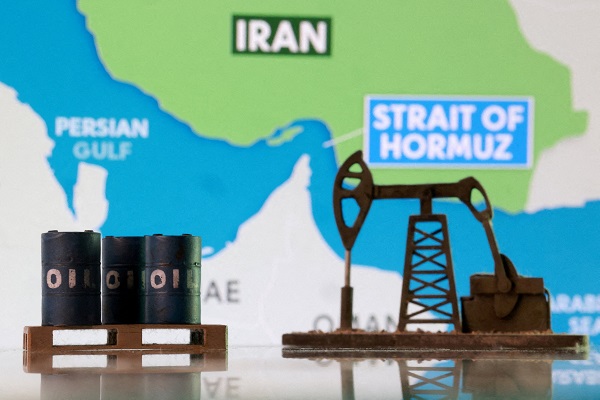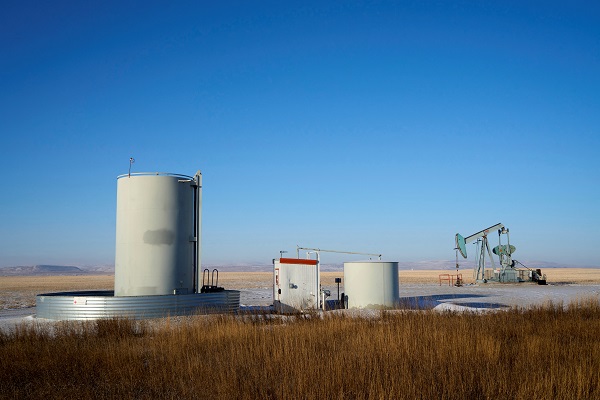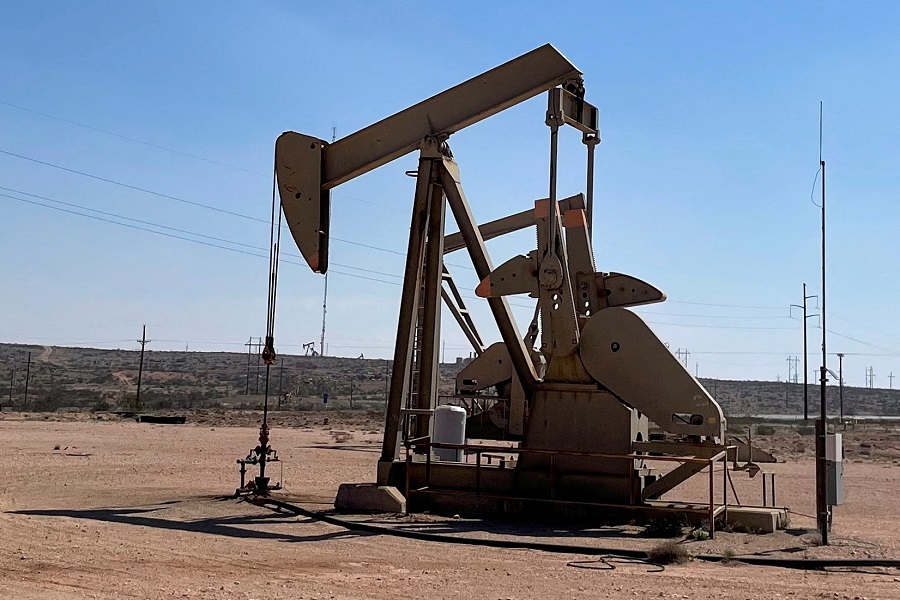Oil prices climb as US court blocks Trump tariffs

Oil prices rose on Thursday after a U.S. court blocked President Donald Trump's tariffs from taking effect, while the market was watching out for potential new U.S. sanctions curbing Russian crude flows and an OPEC+ decision on hiking output in July.
Brent crude futures climbed 81 cents, or 1.25%, to $65.71 a barrel. U.S. West Texas Intermediate crude advanced by 83 cents, or 1.34%, to $62.62 a barrel at 0102 GMT.
A U.S. trade court on Wednesday ruled that Trump overstepped his authority by imposing across-the-board tariffs on imports from nations that sell more to the United States than they buy.
The ruling buoyed risk appetite across global markets which have been on edge about the impact of the levies on economic growth, but analysts said the relief may only be temporary given the administration has said it will appeal.
"But for now, investors get a breather from the economic uncertainty they love to loathe," said Matt Simpson, an analyst at City Index in Brisbane.
On the supply front, there are concerns about potential new sanctions on Russian crude. At the same time, the Organization of the Petroleum Exporting Countries and allies, together called OPEC+, could agree on Saturday to accelerate their oil production hikes in July.
With Russian oil so far overall showing relative resistance to the sanctions, imposed over Moscow's war on Ukraine, "it is hard to be convinced that any new U.S. sanctions on Russia will meaningfully dent Russia's oil exports," Commonwealth Bank of Australia analyst Vivek Dhar said in a note.
Adding to supply risks, Chevron has terminated its oil production and a number of other activities in Venezuela, after its key license was revoked by U.S. President Donald Trump's government in March.
Venezuela in April cancelled cargoes scheduled to Chevron citing payment uncertainties related to U.S. sanctions. Chevron was exporting 290,000 barrels per day (bpd) of Venezuelan oil or over a third of the country's total before that.
"From May through August, the data points to a constructive, bullish bias with liquids demand set to outpace supply," Mukesh Sahdev, Global Head of Commodity Markets at Rystad Energy, said in a note, as he expects demand growth outpacing supply growth by 0.6 million to 0.7 million bpd.
Later on Thursday, investors will be watching for the weekly reports from the American Petroleum Institute (API) and the Energy Information Administration, the statistical arm of the U.S. Department of Energy.
U.S. crude oil and distillate inventories likely rose last week while gasoline stockpiles likely fell, an extended Reuters poll showed on Wednesday.
According to the market sources familiar with the API data, U.S. crude and gasoline stocks fell last week while distillate inventories rose.
























